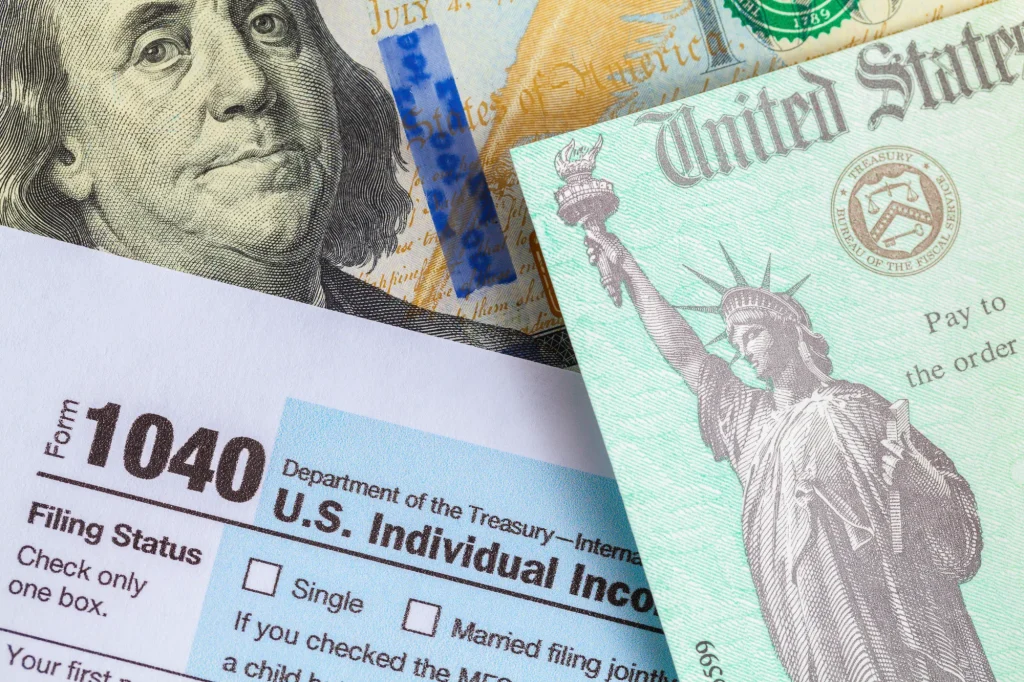
Seniors who depend on their social security payments as a means of earning must adhere to the same rules on tax filing as any regular citizen. If Social Security remains the only source of income, filing a tax return is unnecessary.
Social Security benefits are taxable regardless of age. It’s a popular misperception that the Social Security tax stops for retirees when they reach a certain age, like 70, but this is false. Any age can be taxed on social security if their salary exceeds a specific limit.

Every Citizen Has To Pay Social Security Taxes
The citizens typically have to file a tax return if their taxable income exceeds the IRS standard deduction for their filing status. Seniors who receive social security benefits must select if a small part of their money will be taxed at the federal level.
Several circumstances require seniors to include a part of their SS payments in their total earnings for tax reasons. If they have a marriage but choose to file an independent tax return and live with their spouse, 85 percent of the social security payments are reflected in their taxable earnings.
Additionally, in any year in which the total of social security benefits benefit, all of their taxable earnings, and all tax-exempt dividends and interest surpasses $25,000 for people submitting independently or $32,000 for married individuals submitting jointly, a number of their benefits from social security are included as net earnings for tax purposes.
Strategy To Avoid Paying Social Security Taxes
Taxation on social security benefits might be paid in part or whole legally. To properly traverse these possibilities and guarantee conformity with tax laws, seeking counsel from a tax professional is often advisable.
The simplest strategy to avoid making tax payments on social security payments is to keep your gross income below the threshold at which you must file a tax return. There may be a varying income threshold depending on filing status. Seniors may want to consider reducing their retirement account disbursements and putting their tax-free retirement funds first to reduce their total income.

